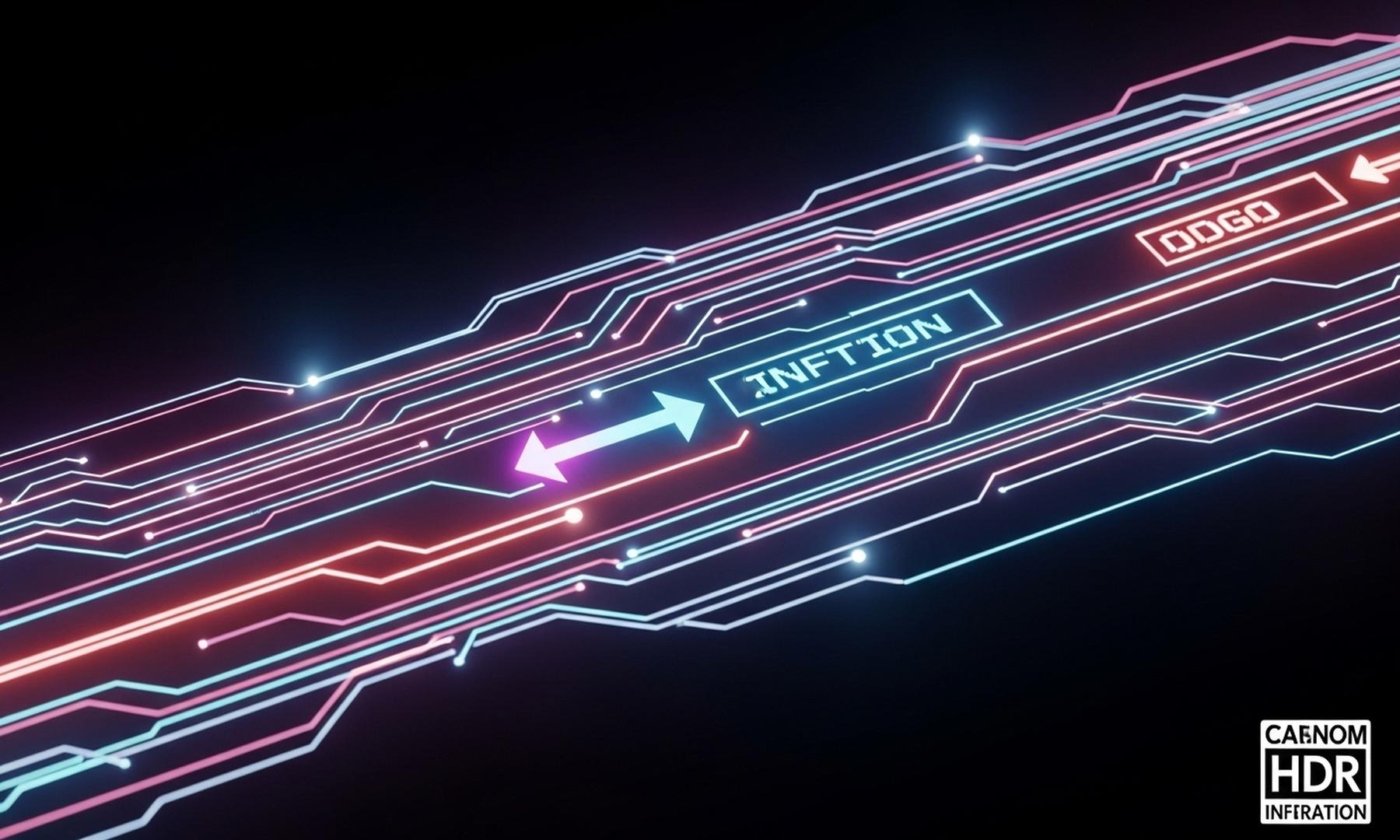What's Happening?
Goodnotes, a popular note-taking app, is launching new features aimed at professional users, including a collaborative whiteboard tool, document creation capabilities, and an AI assistant. The AI assistant can handle various input methods such as handwriting, typing, sketches, and voice, and is capable of summarizing meetings, creating visuals, proofreading text, and generating templates. These features are powered by technology from a South Korean startup acquired by Goodnotes last year. The app is also introducing new subscription plans, Goodnotes Essentials and Goodnotes Pro, offering different levels of access to AI features and integrations with services like Google Calendar and OneDrive.
Why It's Important?
The expansion of Goodnotes into professional settings marks a significant shift from its traditional focus on educational users. By integrating AI and collaborative tools, Goodnotes is positioning itself as a versatile productivity platform that can cater to a broader audience, including office workers and professionals. This move aligns with trends in the productivity software market, where companies like Grammarly and Canva are enhancing their platforms with AI capabilities. The introduction of these features could increase Goodnotes' competitiveness and user base, as professionals seek tools that streamline workflows and enhance collaboration.
What's Next?
Goodnotes plans to continue expanding its feature set to become a comprehensive note-taking app for various scenarios and devices. The company is likely to focus on further integrating AI capabilities and enhancing cross-platform support to attract more professional users. As the app evolves, Goodnotes may explore partnerships or additional acquisitions to bolster its technology and feature offerings.
Beyond the Headlines
The integration of AI into productivity tools raises questions about data privacy and the ethical use of AI in professional settings. As AI assistants become more prevalent, companies must ensure that user data is protected and that AI-generated content meets ethical standards. Additionally, the shift towards AI-driven productivity tools may impact traditional software development roles, prompting a need for skills adaptation in the workforce.












